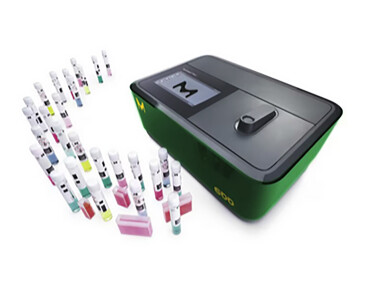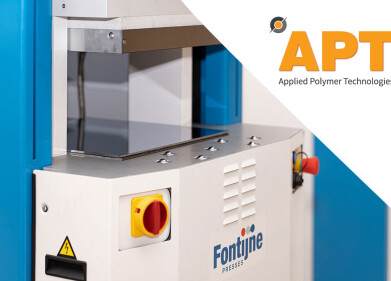Laboratory products
Laminar Flow Cabinets Educate Pupils in Conservation
Mar 22 2010
The Writhlington School Orchid Project has involved hundreds of students in the twenty or more years that it has been running. Led from the start by teacher Simon Pugh-Jones, the project grew out of the after-school gardening club for students, making use of a set of old greenhouses on the school property. The club started to specialise in growing orchids and around ten years ago, they took the next step in orchid propagation, growing from seed.
In the wild, orchid seeds rely on a fungal partner to be present in order for them to germinate. In cultivation, identifying and inoculating seed with the c orrect fungus is extremely difficult, especially in normal greenhouse conditions, and so in vitro techniques are used. By sowing orchid seeds in sterile air provided within a laminar flow hood, on a sterilised nutrient agar medium, which supplies the seeds with the sugars, minerals, and other nutrients they need, it is possible to generate vast quantities of healthy orchid seedlings from a single seed pod.
Several distributors and manufacturers of laminar flow cabinets were approached by Writhlington School as possible suppliers. Bigneat was selected, their cabinet being purchased through leading laboratory distributor, Scientific & Chemical Supplies. The main reason for this choice of cabinet supplier was based on the willingness of Bigneat to work with and support Writhlington School and other associates such as Botanic Gardens Conservation International in their work. Simon Pugh-Jones, commented: “We really think all schools should be working in clean air and teaching aseptic techniques so that students are prepared with skills which will be of use in a range of future careers in biological fields such as medical, chemical and life sciences, across to physics subjects such as microelectronics and nanotechnology.” He added: “We believe that all schools should have a laminar flow cabinet and through teaming up with organisations around the world and working with Royal Botanic Gardens in Kew we hope to pass on the benefit of our experience and knowledge”.
Bigneat laminar flow cabinets are designed to provide a high degree of protection for process or experimental apparatus in a laboratory. The fan, which draws air though HEPA filters (BS EN1822 H14 grade), is designed to provide ultra-quiet operation and low vibration level. These cabinets are suitable for direct location onto the laboratory bench or alternatively, mounted on a support frame or cupboard. Cabinets can be supplied with a variety of optional accessories including germicidal UV lamps.
Digital Edition
Lab Asia 31.6 Dec 2024
December 2024
Chromatography Articles - Sustainable chromatography: Embracing software for greener methods Mass Spectrometry & Spectroscopy Articles - Solving industry challenges for phosphorus containi...
View all digital editions
Events
Jan 22 2025 Tokyo, Japan
Jan 22 2025 Birmingham, UK
Jan 25 2025 San Diego, CA, USA
Jan 27 2025 Dubai, UAE
Jan 29 2025 Tokyo, Japan



















